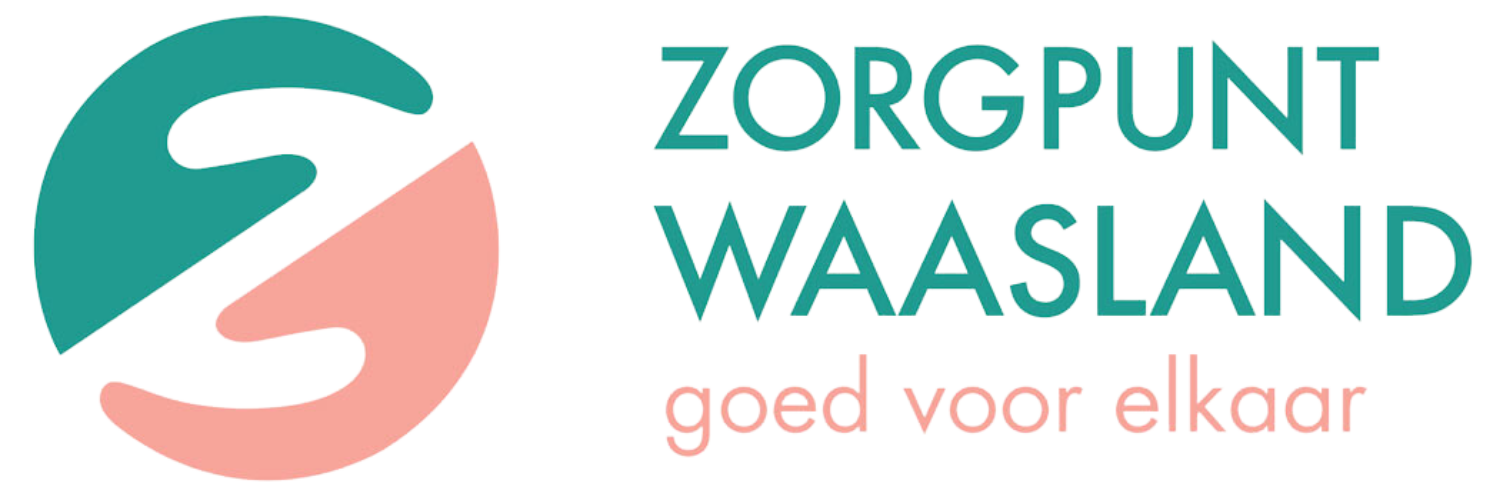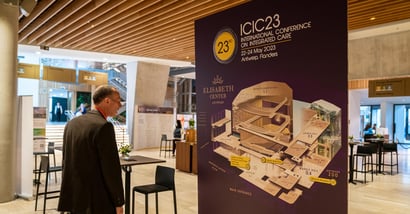Approach
The citizen survey aimed to gain insights into the current public perception of care and support in the broader region, as well as to identify any gaps. Additionally, suggestions and recommendations from citizens were collected to enhance care and support in the region.
The following approach was adopted for this survey:
-
Project preparation: A core team was assembled to create a detailed project plan outlining objectives, project phases, timelines, and responsibilities of each team member regarding the survey.
-
Environmental analysis: An extensive environmental analysis was conducted to map out the healthcare demand and supply in the Zorgpunt Waasland region. Initial questions were raised through preliminary interviews regarding current and future care.
-
Survey development: In collaboration with Zorgpunt Waasland, a structured survey was formulated to inquire about the population's needs and expectations. The survey encompassed questions on various aspects of care, such as home care, informal caregiving, innovative housing models, etc. Validation of the questionnaire was ensured through pre-tests and feedback loops involving stakeholders.
-
Large-scale citizen survey: A comprehensive communication strategy was devised to promote the citizen survey through various channels, including websites, flyers, events, online platforms, social media, local community organisations, and physical locations. Striving for broad representation and participation of the population, as well as specific target groups, the survey ran for a six-week period to allow participants ample time for feedback.
-
Data analysis: Thorough analysis was performed on the collected data to identify trends, patterns, and key insights. Quantitative data underwent analysis using statistical methods, while qualitative data underwent thematic analysis. Findings were visualised through reports, graphs, and presentations for smooth discussion with the core group.
-
Focus group with citizens: Following the large-scale citizen survey, a focus group was organised involving citizens and those in need of assistance (including their caregivers) to delve deeper into survey results and explore the specifics on how to achieve future-oriented care in the region.
-
Recommendations and implementation: Based on the findings, specific recommendations for health strategic guidelines were formulated for Zorgpunt Waasland.
Results
The extensive citizen survey provided Zorgpunt Waasland with valuable insights into the population's needs and expectations regarding care and support, as well as the citizens' desires for new services and innovative approaches.
Leveraging the results of the citizen survey, Zorgpunt Waasland was able to develop a new health strategy that aligns better with the population's needs and expectations.
The project contributed to a more client-centered approach to service delivery.















